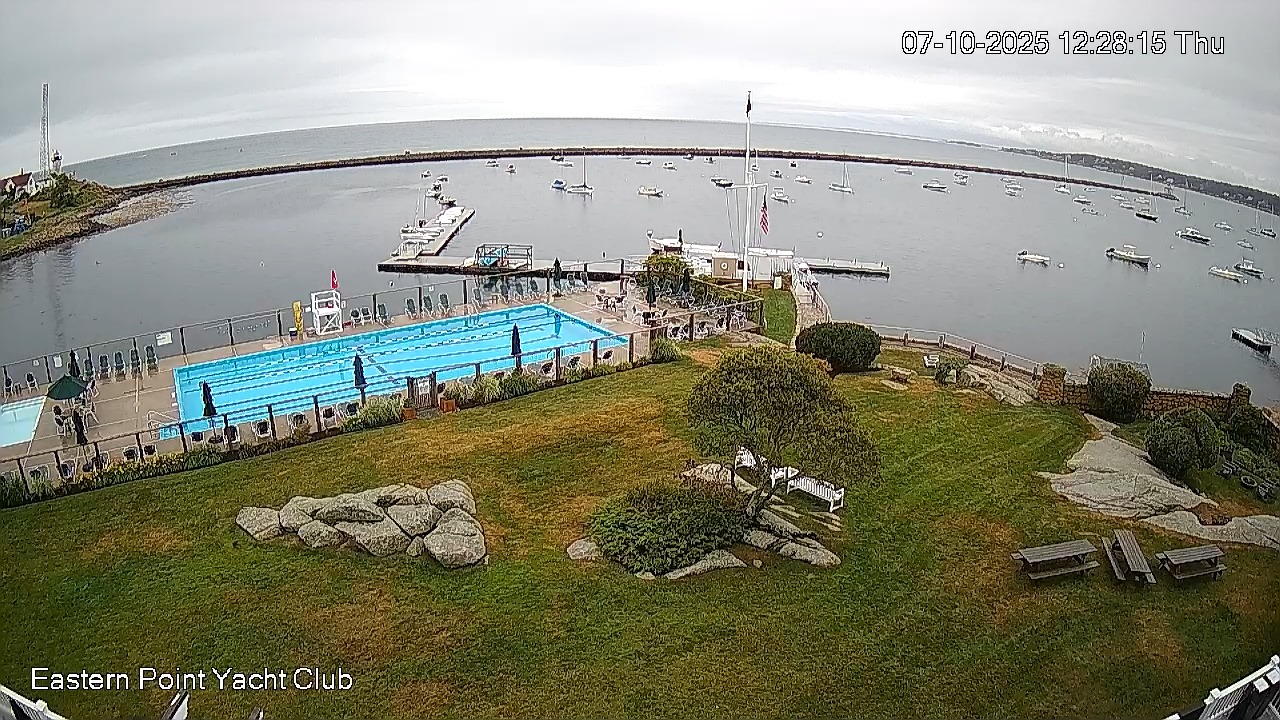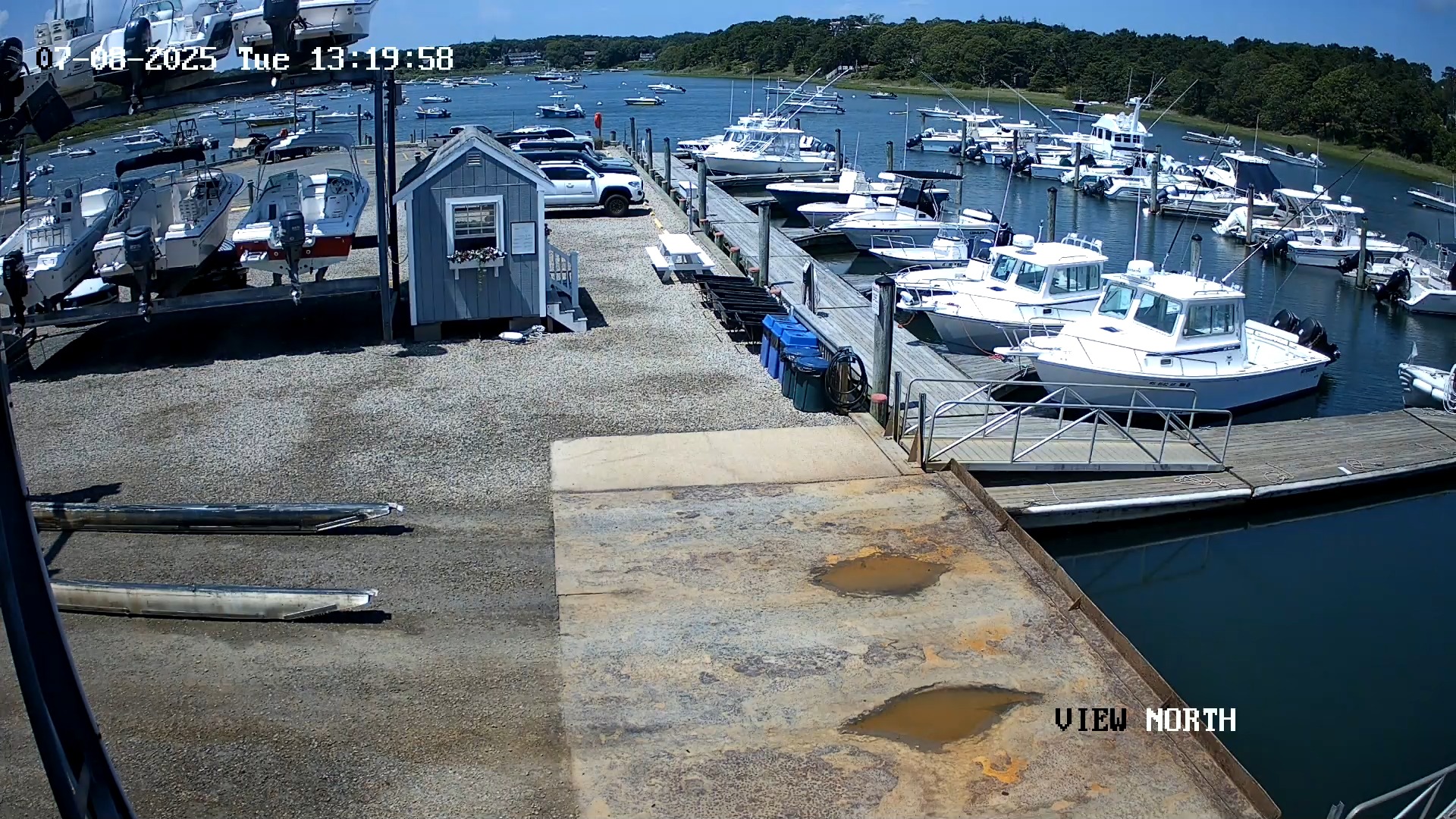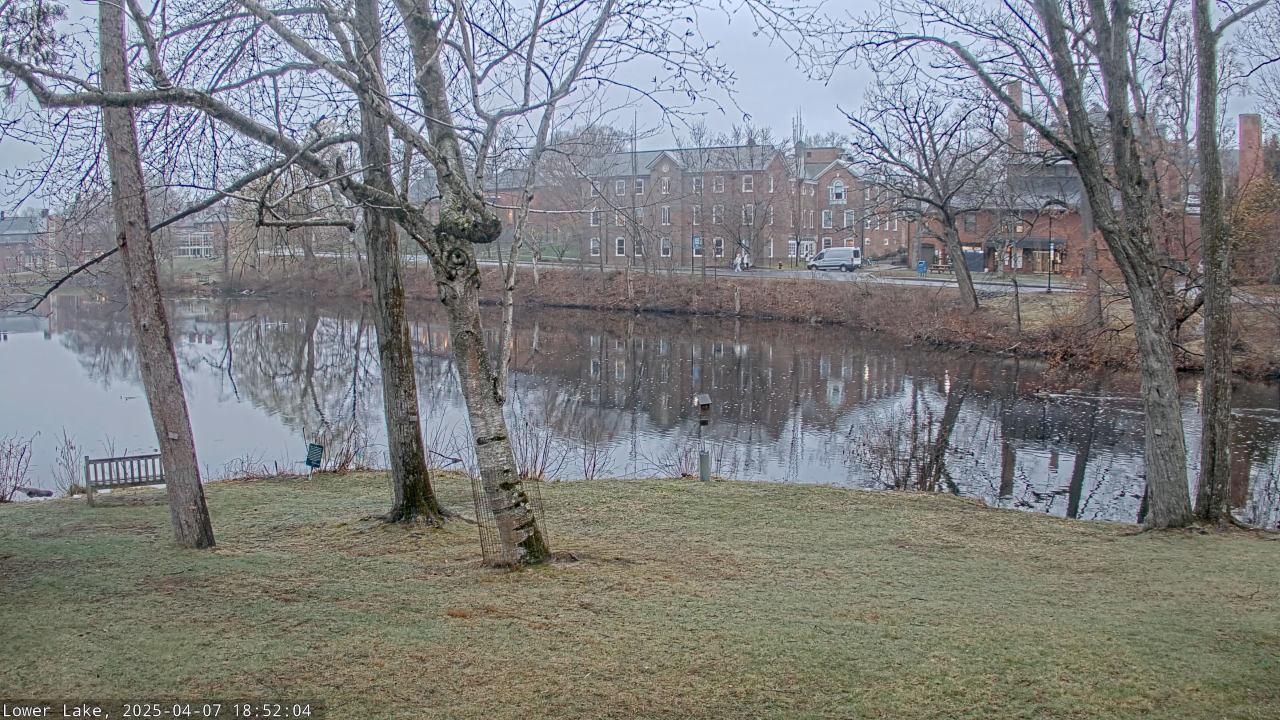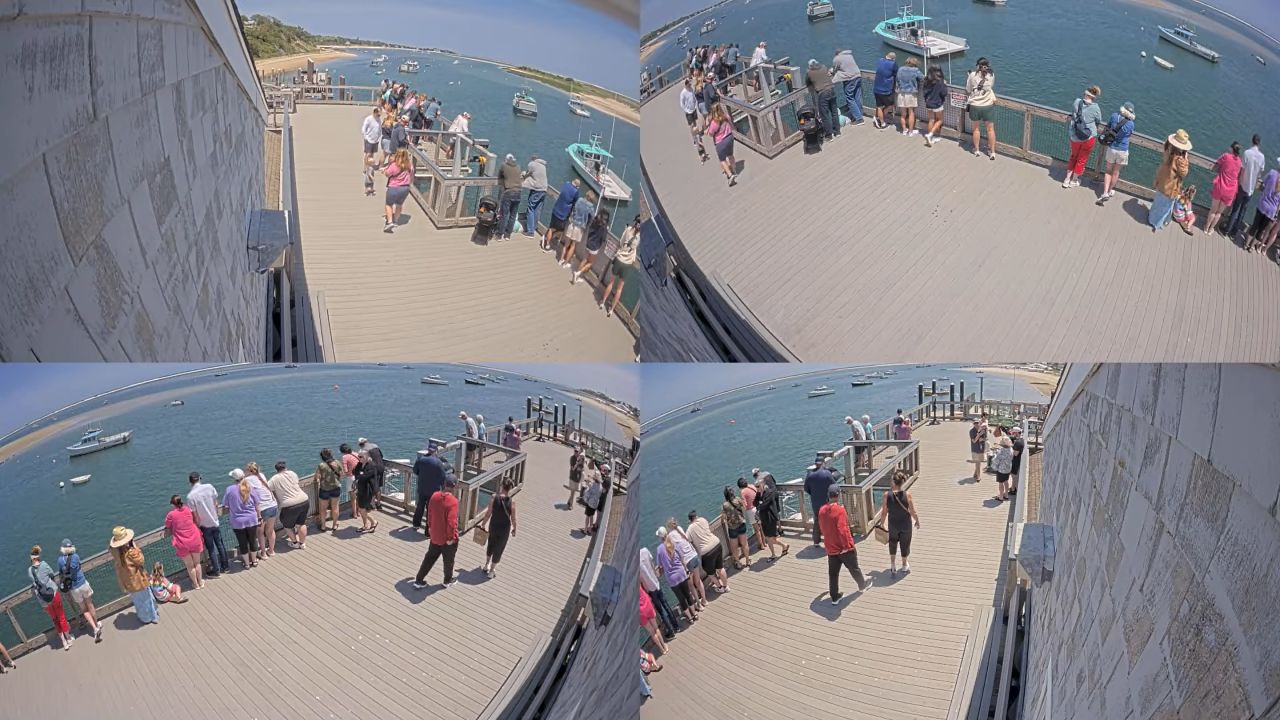View The Inn at Scituate Harbor Live Webcam
This live nest webcam shows a live view from The Inn at Scituate Harbor in Scituate, Massachusetts. The Inn at Harbor in Scituate, Massachusetts, features a webcam that provides a live view of the picturesque surroundings.
This webcam offers a unique opportunity for viewers to experience the scenic beauty of the area, showcasing the charming coastal landscape and the vibrant activity of the harbor. Whether you are planning a visit or simply wish to enjoy the sights from afar, the webcam serves as a window into the serene environment that characterizes this lovely New England town.
Located in the heart of Scituate, Massachusetts, The Inn at Harbor boasts a webcam that captures the essence of its stunning waterfront. This live feed allows individuals to immerse themselves in the tranquil atmosphere of the harbor, where boats gently sway with the tide and the sun casts a warm glow over the water.
Affectionately known as “The Heart of Scituate”, the Scituate Harbor is a great “Town Center” and seaside village with a broad range of shops, restaurants, and waterfront activities. Monitor weather conditions and traffic in the area 24/7. Historical sites in the town include Scituate Lighthouse, The Old Oaken Bucket Homestead and Well, The Lawson Tower, Stockbridge Mill and the Cudworth House as well as the Little Red School House. View the live cam in the nearby town of Hanover.
About the Coastal City of Scituate
Nestled along the picturesque coastline, this charming town is known for its stunning beaches, historic sites, and vibrant community. One of the highlights of Scituate is its beautiful waterfront, where visitors can enjoy leisurely strolls along the sandy shores, partake in water sports, or simply relax while soaking in the scenic views of the Atlantic Ocean. The local beaches, such as Scituate Beach and Egypt Beach, provide perfect spots for sunbathing, swimming, and beachcombing.
Scituate boasts a rich history that can be explored through its various landmarks and museums. The Scituate Lighthouse, a historic beacon that has guided mariners through the waters of Massachusetts Bay since the early 19th century, is a must-see for anyone interested in maritime history.
Visitors can also explore the Old Scituate Lighthouse Museum, which offers insights into the town’s seafaring past and showcases artifacts that tell the story of the area’s development over the years. The town’s historic district features charming colonial architecture, inviting visitors to wander through its streets and appreciate the well-preserved buildings that reflect Scituate’s heritage.
The Scituate Conservation Commission maintains several trails and parks, such as the Lawson Tower and the Scituate Town Forest. Additionally, the Scituate Town Hall is a noteworthy structure that embodies the civic spirit of the community. Constructed in the late 19th century, this building features distinctive architectural elements that reflect the era’s design trends.
Weather & Climate
The climate in Scituate, Massachusetts, is characterized by a temperate maritime environment, influenced significantly by its coastal location along the Atlantic Ocean. This results in relatively mild winters and cool summers, with average temperatures ranging from the low 20s Fahrenheit in January to the mid-70s in July. The proximity to the ocean moderates temperature extremes, making the area less susceptible to the harsh cold often experienced in inland regions during winter months.
Precipitation in Scituate is fairly evenly distributed throughout the year, with an average annual rainfall of approximately 50 inches. The region experiences a mix of rain and snow during the winter months, with snow accumulation varying significantly from year to year. The spring and fall seasons are particularly pleasant, often featuring crisp air and vibrant foliage, which attract both residents and visitors to enjoy outdoor activities and the natural beauty of the area.
The coastal climate also brings about unique weather patterns, including occasional nor’easters that can lead to heavy snowfall and strong winds during the winter.
Explore other cities in the nearby
Scituate, Massachusetts, is surrounded by several notable towns and cities that contribute to the region’s charm and community. To the north, you will find Cohasset, a picturesque coastal town known for its scenic harbor and historic architecture. This area is characterized by its beautiful beaches and a strong sense of local culture, making it a desirable destination for both residents and visitors alike.
To the west of Scituate lies Norwell, a suburban community that offers a blend of rural charm and modern amenities. Norwell is recognized for its excellent school system and well-maintained parks, providing a family-friendly atmosphere. The town’s commitment to preserving its natural landscapes is evident in its numerous conservation areas, which offer residents opportunities for outdoor activities and recreation.
Further south, you will encounter Marshfield, a vibrant town that boasts a rich history and a variety of recreational options. Known for its expansive beaches and lively downtown area, Marshfield attracts many who enjoy coastal living. The town also hosts various community events throughout the year.
History of Scituate
Established in 1628, Scituate was initially settled by a group of Puritans seeking religious freedom and a new life in the New World. The town’s strategic location along the Atlantic coast made it an ideal spot for fishing and shipbuilding, which became vital components of its early economy. The settlers faced numerous challenges, including harsh winters and conflicts with Indigenous peoples, but their resilience and determination allowed the community to thrive.
As the 18th century approached, Scituate began to develop a distinct identity, characterized by its maritime culture and agricultural practices. The town became known for its shipbuilding industry, producing vessels that were crucial for trade and fishing.
The construction of the Scituate Lighthouse in 1810 marked a significant milestone, enhancing navigation safety and further establishing the town’s maritime significance. Additionally, Scituate played a role in the American Revolution, with local residents actively participating in the fight for independence.
The town’s historical sites, such as the Old Scituate Lighthouse and the numerous colonial homes, serve as reminders of its storied past and the contributions of its early inhabitants.
In the 19th and 20th centuries, Scituate continued to evolve, transitioning from a primarily agrarian society to a more diversified economy. The arrival of the railroad in the mid-1800s facilitated easier access to Boston and other urban centers, leading to an influx of new residents and the development of summer homes along the coastline.
This shift transformed Scituate into a popular seaside destination, attracting visitors who sought the charm of its beaches and the tranquility of its rural landscape.









